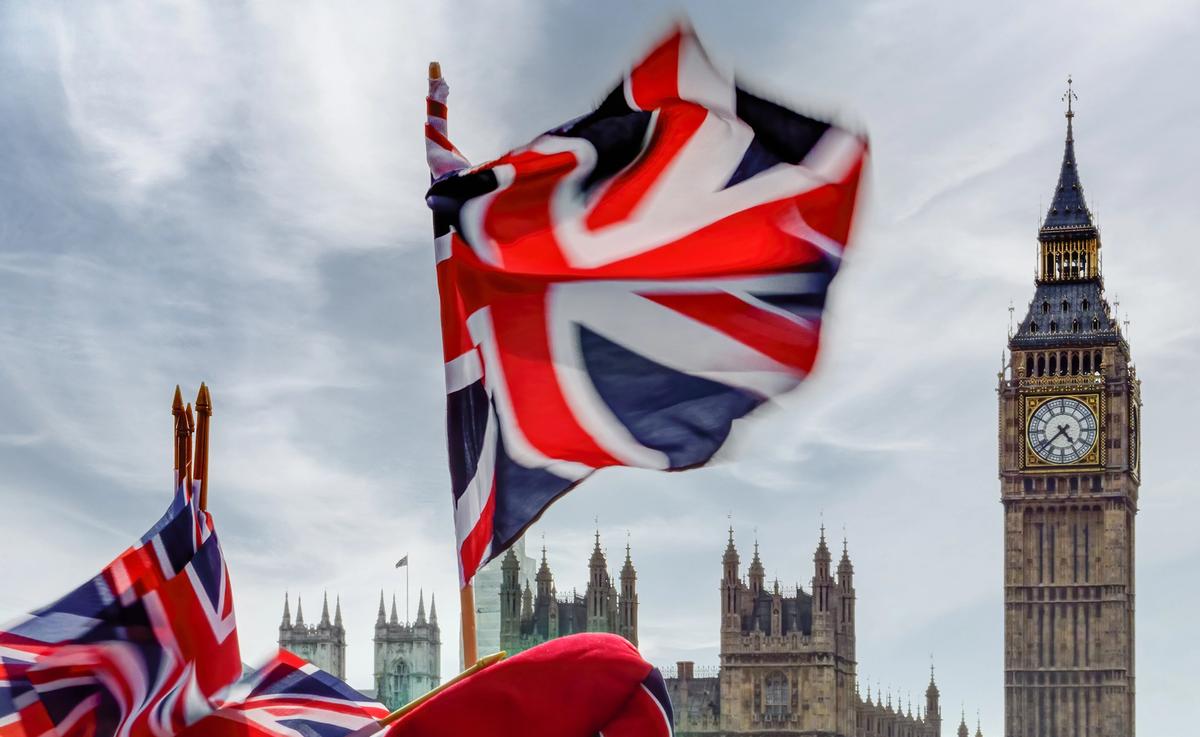In a move expected to boost the ailing British art market, the UK Treasury has extended the period during which fine art and antiques from overseas can come into the country free of import duties.
Goods can now remain in the UK under Temporary Admission (TA) for four years, rather than two, the exchequer secretary James Murray announced on 11 March alongside a raft of other business policy changes.
Dealers will now pay zero import tax on works brought into the UK, provided they are exported within four years. The change particularly impacts London, which is one of the global art market’s three largest hubs for cross-border trade, along with New York and Hong Kong, neither of which levies import taxes for art and antiques. This has placed the UK at a disadvantage, one that has been exacerbated by Brexit-related tariffs, says Anthony Browne, the president of the British Art Market Federation (BAMF).
Increased red tape has already harmed the UK’s cross-border trade: imports and exports of art both fell by 16% between 2022 and 2023, according to United Nations figures published in the annual UBS/Art Basel Art Market Report.
According to Browne, TA applications “shot up” post-Brexit, as goods coming into the EU became subject to a 5% import duty, “furthering the need to simplify the system”. The extension will make it “much easier to use the UK as a trading destination”, he says, and the extra two years TA relief “provide a useful leeway for dealers, easing the pressure to sell quickly, especially during a tougher market”.
The move follows promises made in 2023 to streamline the importation of art into the UK by the previous Conservative government. The extension of TA “signals confidence”, Browne says, that prime minister Keir Starmer’s Labour government is receptive to adapting policy for the specific needs of the trade.
Tellingly, messaging from the government also emphasises the desire to keep the UK competitive. The minister of state for the department of media, culture and sport (DCMS) Chris Bryant said in a statement accompanying the TA extension: "Our art market is bigger than the whole of the rest of the EU art market put together and we want to keep it that way. We pledged that we would take action to help the British art market and that's precisely what we're doing."
The TA extension marks a significant win for BAMF, which lobbies the UK government on behalf of the art and antiques trade. “Lengthening TA is one of the main things asked of us by dealers,” Browne says. While BAMF’s key demand to policymakers post-Brexit has been to scrap import VAT altogether, essentially returning the UK to pre-1995 regulation, this remains “unfeasible”, Browne says. The extension of TA is “a second best outcome”.
But the battle is far from over. BAMF continues to liaise with the government on a range of issues that risk placing the UK art market at a disadvantage. According to its recently appointed chairman Tom Christopherson, the next challenge is bureaucracy surrounding anti-money laundering regulation. "BAMF considers that such regulation is clearly beneficial but that it needs to be streamlined to focus on specific areas, rather than applied across the board regardless of identified risks, which has a disproportionate effect on smaller and often regional businesses."
Education is another key issue, Christopherson says: "BAMF is also contributing to the current reviews into the schools curriculum, and “strongly believes that the reintroduction of arts-based subjects will have benefits for many students, as well as providing a pool of talent to maintain the art market and the wider arts sector in which the UK plays such an important global role."


